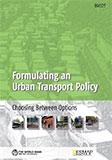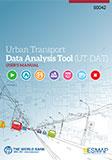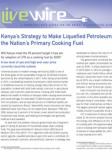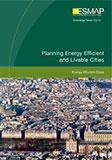Publications
The World Bank's Standard Bidding Document (SBD) for procurement of petroleum fuels was presented and explained. Even before its formal introduction in May 1997,the document in its draft form was in use in several countries for World Bank and other donor-financed procurement. Importers using the SBD have gained considerable savings through competition, providing confidence and equal access to bidders, and establishing transparency in bidding and bid evaluation. It is estimated that the savings could reach about US$200 million per year if all major consumers in Sub-Saharan Africa use the SBD for their petroleum procurement. The cooperation and help received from the client countries and oil trading community were, to a great extent, responsible for the easy acceptance of the SBD by the buyers and sellers and its success. Participants in the May 1998 Johannesburg presentation of the SBD strongly supported its use and recommended formal training of personnel for its increased application.
ESMAP. 2001. First World Bank Workshop on the Petroleum Products Sector in Sub-Saharan Africa. ESMAP Report 245/01. Washington, DC: World Bank.



